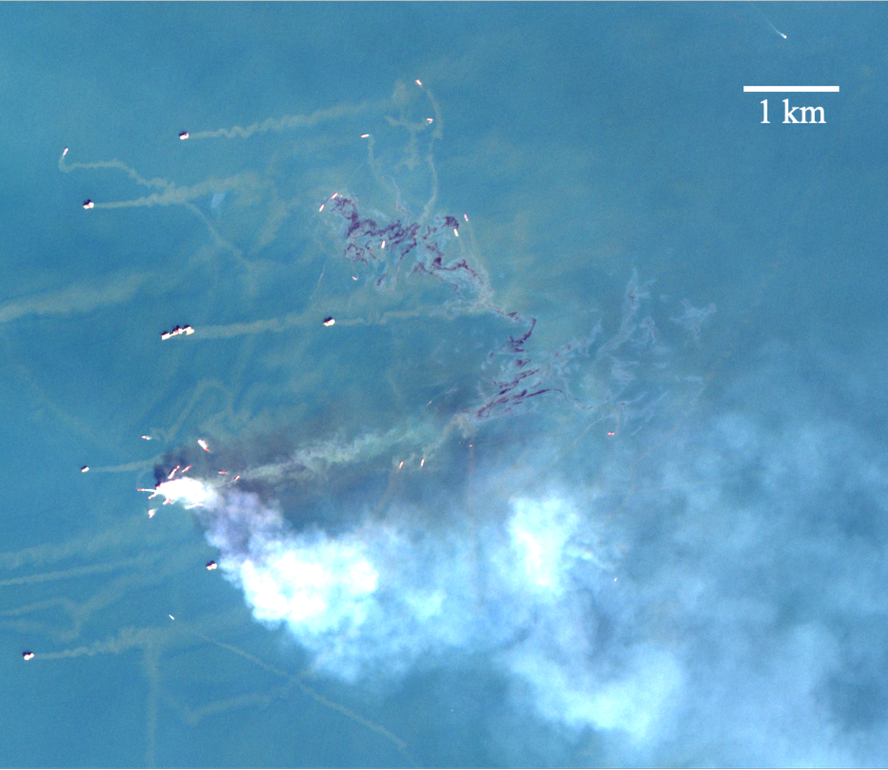Pollution from human oil spills at sea has been greatly underestimated

Estimates so far indicated that almost half of the hydrocarbons present on the sea surface were filtered from natural seabed oil deposits. But according to a study by geologists at the University of Nanjing in China, only 6 percent is naturally filtered by the seabed. The remaining 94% are of anthropogenic origin.
It is not easy to monitor oil stains and make reliable estimates. The spots are constantly changing, and the ocean surface is very large. Chinese geologists, however, have monitored, through images, over 45 degrees of oil stains, and they've seen that there are over 1.5 million square kilometers covered with a black tide, twice the French surface. They point out that most of the spots appear in the waters between the coast and 160 km, in the vicinity of oil platforms and on the waterways.
Remember that while spots are microscopically thin layers, the chemical stress it causes in living marine life is important. Research has been published in the journal Science.





